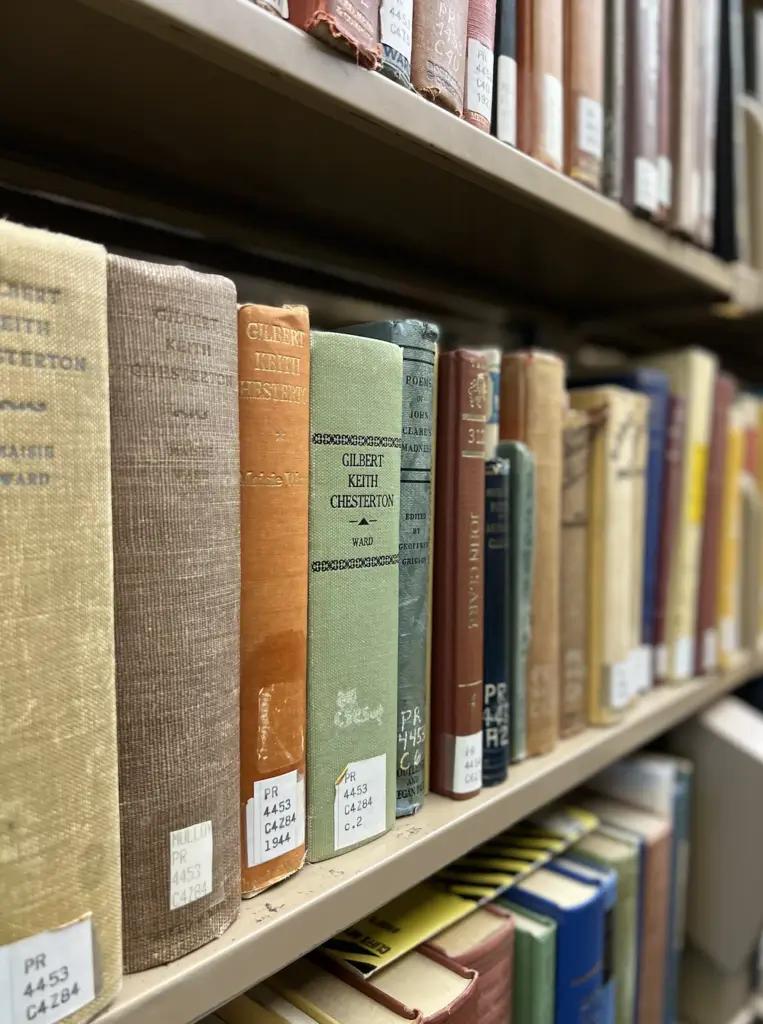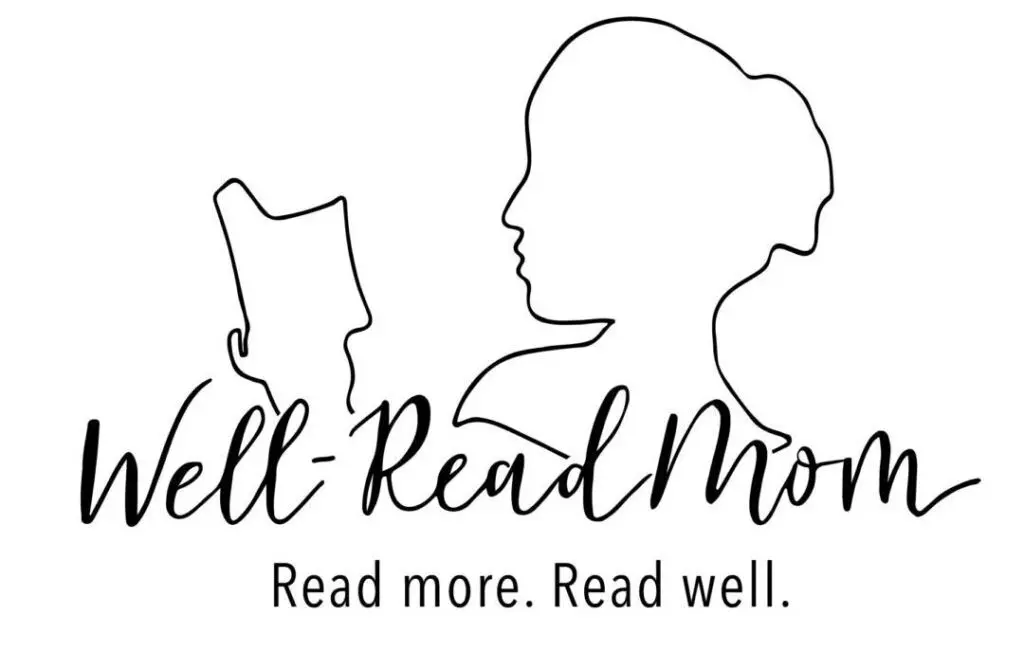Seeking Understanding: How Meaningful Relationship and The Study of Literature Encourage Empathy
By Megan Keyser
Less than a week ago, I was in the final days of my tenth pregnancy, joyfully anticipating the arrival of our youngest child while also battling the physical discomforts and emotional anxieties so often inherent to late pregnancy and impending labor. Though my experiences were hardly singular, as innumerable women through time have gone through similar difficulties and sufferings, at that moment, the personal trials I was facing seemed to isolate me. And while I love my husband immensely, after so many pregnancies, I have learned that, no matter how well-meaning, husbands have insurmountable limitations in fully appreciating and sympathizing with the unique challenges of child-bearing.
More often than I would care to admit, particularly in the closing weeks, I found myself bitterly lamenting my emotional loneliness. In my hormonally-impacted state, the problems were undoubtedly exacerbated. I genuinely felt unheard by those within my own home as I struggled to contend with the chaos of a bustling household. I attempted to balance limitless baskets of laundry in addition to Cheerios strewed across my living room, countless errands, and a toddler in a leg cast while simultaneously being increasingly impeded by an ever-expanding belly and an ever-diminishing level of patience. Suffice to say, “nesting” is next to impossible when you have nine other children. Not only did the tranquility and rest I was naturally craving seem unattainable, but it also seemed hopeless to expect others to empathize with my weariness.

When we ponder the obstacles to marital peace, domestic harmony, and familial relations, isn’t it undeniable that much of our disappointment and strife is rooted in our struggle to empathize with others – mainly, and perhaps most surprisingly, those closest to us? A Raisin in the Sun certainly touches on the unique and life-altering adversities faced by an American family of color in the middle of the 20th century, such as racism and socioeconomic injustice. Lorraine Hansberry seems even more intent on discussing the critical barrier to cultivating love, compassion, and peace within our homes, namely, a lack of understanding amongst family. It is interesting to note how frequently various characters in the play accuse of “not understanding,” and it’s hard to dismiss the hurt and near despair those claims portray. In desperation to adequately provide for his family and liberate himself from unsatisfying and demeaning work, Walter cruelly declares to his wife that “…the colored [women] in this world… Don’t understand about building their men up and making ’em feel like they somebody.” In a heart-wrenching monologue, he vents his complete exasperation about sharing his aspirations to “change [his] life, [because he’s] choking to death,” only to be met with unfeeling reminders to “Eat [one’s] eggs” and forget about long-held dreams (pgs 34 and 33).
Yet, despite his anger over remaining unheard, Walter ironically refuses to acknowledge his sister’s professional and educational ambitions, wondering why she doesn’t simply “get married and be quiet.” Nor does he call to light the quiet despair of his wife as she grapples with an unexpected pregnancy and the ever-widening emotional gulf between herself and her husband (38). In a plea to bridge this marital rift, Ruth, Walter’s wife, softly implores him, “Honey, why can’t you stop fighting me?” yet her cry for connection meets something worse than disagreement: utter disregard (87). Rather than recognize his wife’s emotional isolation and longing for love, Walter doubles down on injuring her weak spot and replies: “Who’s fighting you? Who even cares about you?” (87)
It is fascinating to behold how each character’s legitimate personal struggles tend to eclipse any meaningful consideration of those difficulties faced by others. Of course, while the various appeals to sympathy seem so blatantly obvious as these family dynamics play out upon the stage, somehow, when it comes to nurturing relationships within our marriages, homes, or even extended families, we frequently remain oblivious to the needs or heartfelt feelings of those closest to us. Overcome by our interior struggles, there seems little reserve left to address the worries spouses, children, parents, or siblings face. To protect ourselves from further anguish and to proverbially lick our emotional wounds, we often lash out at loved ones for not properly empathizing with us or recognizing the importance of our concerns.
How many needless conflicts could we avoid if we human beings only realized the power of an understanding nod, a comforting word of affirmation, or a gentle caress? How many spirits would we soothe, and how much anger would we quell? Suppose we wish to grow in virtue and fashion, making our homes havens of Christian peace. In that case, we cannot overemphasize our efforts to meet the distresses with sincere compassion and responsiveness. But it’s hard. It’s hard to acknowledge my children’s constant cries for attention and connection when I feel frazzled, overworked, overstimulated, and flat-out overwhelmed. It can be difficult for me to fully relate to the demands placed upon my husband of attending to his family while juggling a career and entrepreneurial efforts. He generously provides for our rather enormous brood, yet I struggle to relate to him when I feel so spiritually, physically, and mentally taxed. But when we think about it, how much is being asked of us? We may not be able to “fix” a troublesome circumstance, but maybe that’s not the point. Maybe our act of listening is enough to mitigate so much suffering; perhaps our connection with others brings even greater healing than offering solutions. It might not wholly rectify a tricky situation or an ongoing disagreement. Still, our ability to commiserate with others enables us to powerfully, and often lastingly, bond to each other, bringing us greater intimacy and connection – qualities for which human beings naturally long. We long to read and discuss literature to experience empathy and grow in practicing it. By encountering various characters and closely sharing their innermost thoughts and struggles, we appreciate the challenging experiences of others. We find common ground with personalities with which we might not immediately identify. We also experience emotional healing and encouragement when we discover literary figures whose paths or temperaments mirror our own. And when we bring these reflections to discussions with our dearest friends, we uncover depths of understanding that enable us to endure life’s sufferings better and embrace its joys and beauties. Empathy builds community and connection, and it is through such intimacy that true love blossoms: a charity that empowers us to offer ourselves in entirety to our God and our neighbors.
While this reminder of empathy’s worth is crucial, in a modern society where compassion has morphed into tacit and ubiquitous approval for all opinions, stances, or beliefs, it is equally important to recall that understanding others does not necessitate relinquishing standards or truth. Demonstrating concern and feeling for the situations or struggles of others should not be confused with a dismissal of fact or a false affirmation that all opinions are equally correct, defendable, or justified. Instead, our understanding should direct the love and regard we share with that truth. We can show our version toward others, even those who hold erroneous positions or treat us unjustly while remaining true to our principles. Walter unthinkingly loses the family’s inheritance through his blind misjudgment and selfishness. Subsequently, he tries to correct his failure by planning to sacrifice the family’s honor and integrity. It seems nearly implausible that Walter could garner understanding from his family. But when Beneatha expresses near hatred for her brother, Mama extends mercy and compassion toward her son, however misguided and broken he has become, not by dismissing his transgressions but by empathizing with his struggles. When Beneatha asserts that there is nothing left to love in her errant brother, Mama chastises Beneatha, saying:
“There is always something left to love. And if you ain’t learned that, you ain’t learned nothing…Child, when do you think is the time to love somebody most? When they done good and made things easy for everybody? Well then, you ain’t through learning – because that ain’t the time at all. It’s when he’s at his lowest and can’t believe in hisself ’cause the world done whipped him so! When you starts measuring somebody, measure him right, child, measure him right. Make sure you done taken into account what hills and valleys he come through before he got to wherever he is.” (Emphasis mine)

It may be impossible to eradicate the selfishness that plagues our hearts and homes fully. Still, as members of an organization dedicated to studying brilliant, time-honored literature, we foster solidarity in feminine virtue and strength by emphasizing community. Each of us has taken a surprisingly important step in changing the dynamics of human interactions, however imperceptible our efforts may seem on a broad scale. By increasing our capacity for consideration, compassion, and charity through the careful study of beautiful thoughts, characters, and ideas, this literary odyssey we embark on with our cherished friends may be a vital catalyst for cultivating the understanding we ardently seek.
About Well-Read Mom
For our Tenth Anniversary, the reading list put together by Well-Read Mom reflects on the theme of family. In Well-Read Mom we desire to create a place for women, not to escape from family life and work, but to experience a kind of leisure through friendship and literature so that women can return to their lives with a renewed vision and vigor. By reading books together, we help sustain a tradition of reading, which is a gift not only to our families but to the world. We hope you’ll join Well-Read Mom for our Year of the Family. Find out more.


